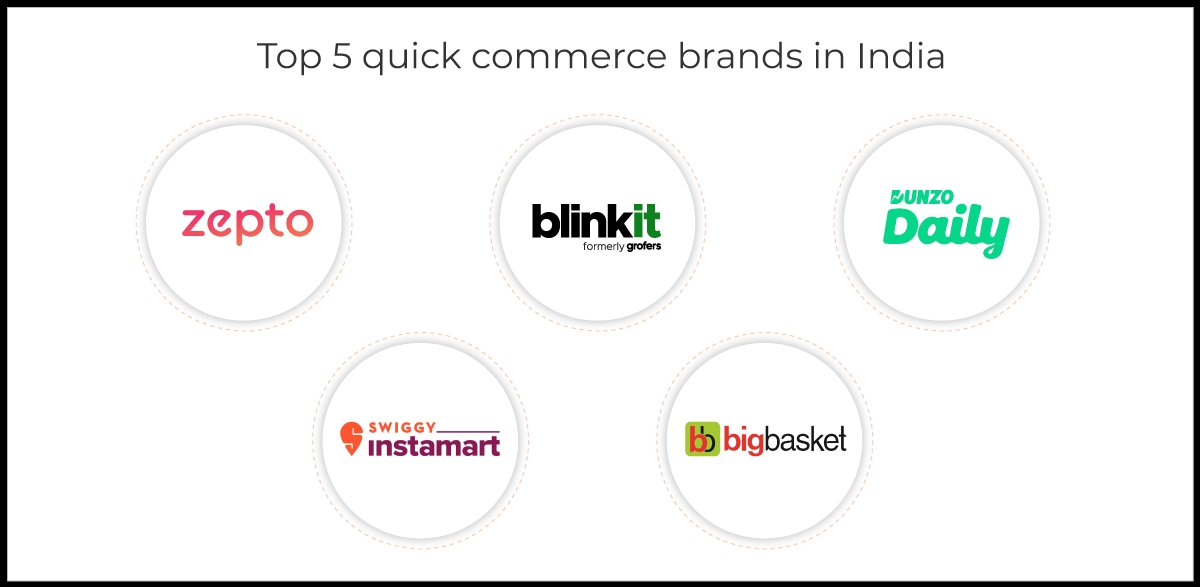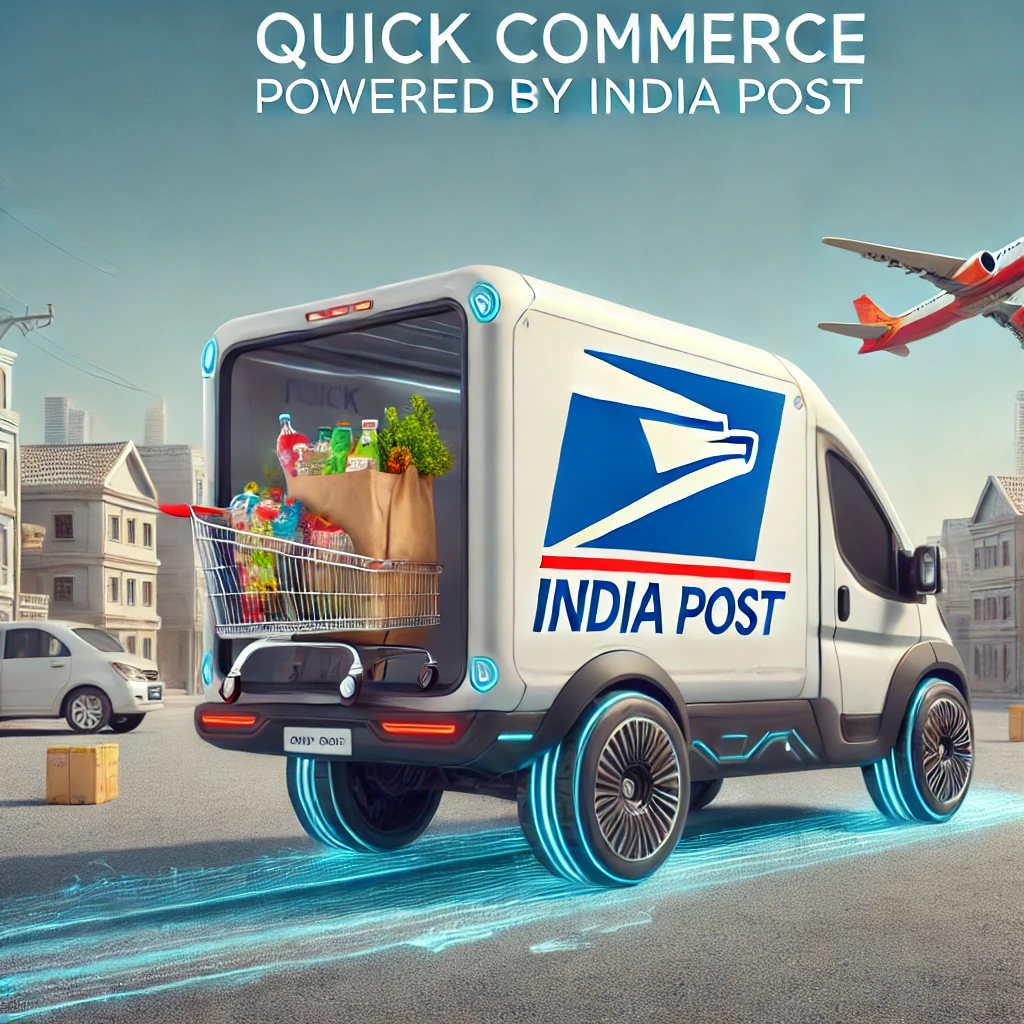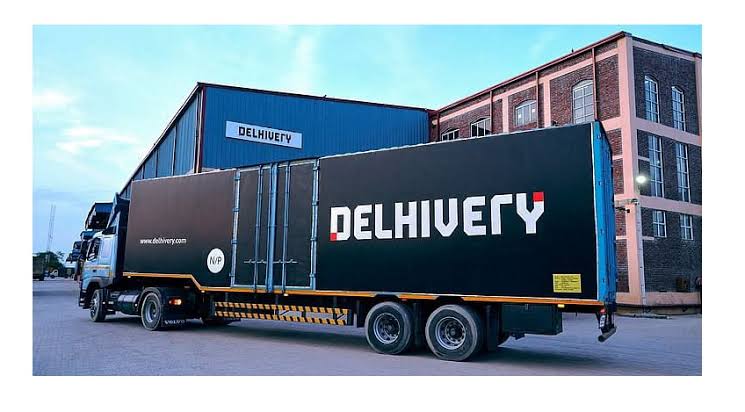Back
Shashank
One step at a time, ... • 1y
Nowadays, quick commerce is booming, and many people in tier 1 cities use the services of quick commerce giants. However, recently, many people from tier 2 cities, and tier 1 cities where quick commerce giants haven't yet established a strong presence, are interested in ordering their groceries and daily essentials online. This is especially true for Gen Z and millennials from tier 2 and some tier 1 cities where quick commerce isn't available. The fastest and best way to reach this untapped market is by partnering with local kirana stores and nearby supermarkets to deliver these needs. However, many companies have tried this model, failed, and shifted to the dark store model. I believe that simply partnering with local stores isn’t enough—companies need to introduce technology and AI to these shops by providing suitable gadgets. Regarding delivery time, people in tier 2 cities are fine with 1 to 2 hr delivery of the items. what are your views on this? Do share your suggestions....
Replies (1)
More like this
Recommendations from Medial
Account Deleted
Hey I am on Medial • 1y
• I am noticing from few months that Quick Commerce startups like Blinkit , Zepto and Instamart is expanding their dark stores in different cities. • These startups operate in mostly Metro cities like Mumbai,Delhi, Bangalore,Pune,Gurugram, Chennai e
See More
Soma Sekher
Business Development... • 1y
Soma’s View | Post #1 🚀 How India’s Postal Network Can Disrupt Quick Commerce Quick commerce is growing rapidly, but it has challenges: ❌ High last-mile delivery costs ❌ Limited reach beyond metro & Tier-1 cities ❌ Struggles with profitability 💡
See More
Sunderam Dutta
Best your best. • 1y
I have an idea of a grocery delivery service for tier 2, tier 3 cities. We know that tier 1 cities Big basket is dominating but in tier 2, tier 3 cities there is no big player, there is a market for value concious customers, we can create an online D
See MoreDownload the medial app to read full posts, comements and news.

















/entrackr/media/post_attachments/wp-content/uploads/2021/08/Accel-1.jpg)





















